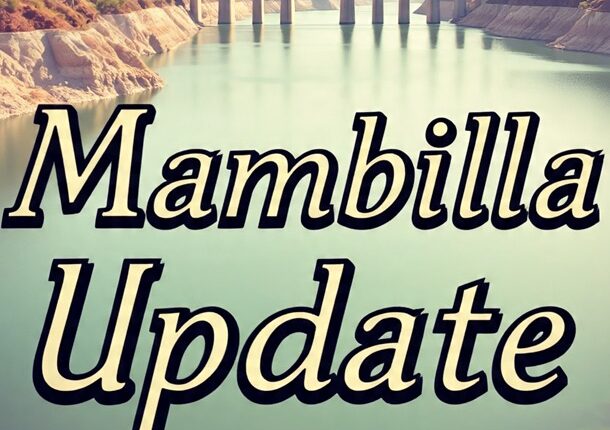MAMBILLA SAGA: Prosecutors Blink Again as Court Drama Deepens
The courtroom drama over Nigeria’s controversial Mambilla Hydroelectric Project took a dramatic twist on Thursday when federal prosecutors failed to produce their star witness for cross-examination—and instead scrambled to rework their case against former Power Minister, Dr. Olu Agunloye.
The Federal Capital Territory High Court, Apo, had earmarked September 18, 22, and 25 for the grilling of the EFCC’s lead investigator, PW3, a Deputy Commissioner of Police. But as the session opened at 10:20 a.m., the prosecution abruptly sought a fresh amendment to the charges—its second in just two months—rather than risk the witness facing tough questions.
Justice Jude Onwuegbuzie, presiding over the case, accepted the request without objection from the defence and vacated the planned dates.

The amended charges quietly dropped accusations that Agunloye awarded a Build-Operate-Transfer (BOT) contract “without financial appropriation” and “without cash backing”—two claims legal analysts say would have been difficult to substantiate. At the same time, prosecutors tried to reinforce their allegation of “disobeying the President” by invoking Section 5 of Nigeria’s Constitution, which vests executive powers in the president but permits ministers to act within their official capacity.
This was not the first time prosecutors shifted their narrative. After PW2’s testimony was dismantled under cross-examination earlier in the year, they rewrote their bribery allegation from:
“The defendant took a bribe in October 2019 from Sunrise Company for a BOT contract awarded in May 2003,”
to
“The defendant took a bribe in October 2019 from Sunrise Company through Adesanya and Sotinrin for a BOT contract awarded in May 2003.”
The Mambilla power project, meant to be Nigeria’s largest hydroelectric installation, has been mired in controversy for more than two decades. Agunloye awarded the BOT contract in 2003 under President Olusegun Obasanjo, who later abandoned the BOT model for outright procurement. Since then, the contract has been cancelled and re-awarded six times under four presidents. The latest disputes stem from the Buhari administration’s 2017 re-award, which triggered international arbitration in Paris. Sunrise Power is now seeking damages estimated in the billions of dollars.
In January 2025, during arbitration proceedings, Obasanjo himself testified that procurement laws he introduced in 2005 and 2007 were not retroactive to the 2003 award—a revelation that undercuts part of the EFCC’s case.
Thursday’s proceedings ended with Justice Onwuegbuzie adjourning the matter to October 9, 2025, to allow PW3 to “recover from illness” and face cross-examination. Analysts suggest the repeated amendments show prosecutors’ unease as they try to reshape their case to withstand scrutiny.
“The Mambilla dispute isn’t just about one contract—it’s about decades of shifting policies, legal liabilities, and the political stakes of a project meant to power Nigeria’s future,” a courtroom observer remarked.
For now, the country waits. When cross-examination resumes next month, PW3’s testimony could decide whether the prosecution can salvage its case—or whether the latest twist in the Mambilla saga becomes another chapter in Nigeria’s history of stalled mega-projects.

